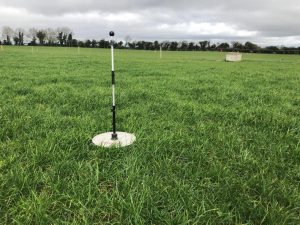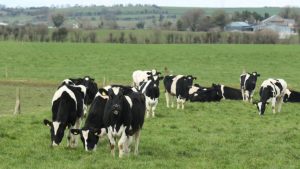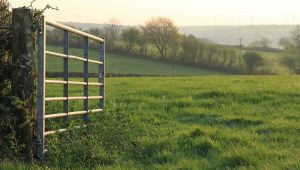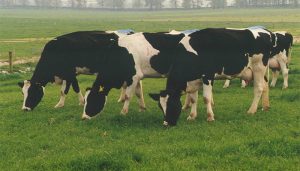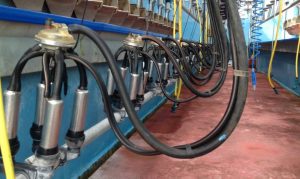
The Milk Marketing Board had announced an increase of 0.45 penny per litre in monthly base prices for the year 1 April, 1981, to 31 March, 1982.
The increase was made up of 0.32 penny per litre arising from the introduction the previous week of the consumer milk subsidy to enable retail milk prices in Northern Ireland to remain in line with those in Great Britain, together with 0.13 penny per litre from milk from the manufacturing market which had shown improvement recently and was being passed on to producers without delay
The increase in the monthly milk prices were to be applied to the monthly base prices from July onwards. A similar increase in respect of April, May and June, 1981, was due to be paid with the September milk payment in October, noted Farming Life.
The board, welcoming the introduction of the consumer milk subsidy which will amount to £3.7 million in 1981/82, pointed out that “it goes but one-quarter of the way in closing the gap between producer milk prices in Northern Ireland and in Great Britain in the present year”.
Furthermore the board also pointed out that no aid whatsoever had been received in 1980/81.
Farming Life commented: “Taking the two years together, the aid now offered, according to the board, represents only about one-eighth of what would have been required over the two

HOPE FOR FUTURE
“Nevertheless producers can derive some hope for the future from the introduction of the scheme because this could become a means of obtaining on-going and greater support,” the board added.
HIGH YIELDS OF WINTER GRAIN
Contrary to earlier fears of a poor grain harvest as a result of the prolonged wet spell in the summer of 1982, spring barley crops were reported to be “bulking up” with the promise of “fairly good average yields”.

Winter, barley was yielding well and Co Antrim farmers William Best and his son, Robin, of Cairn, Aghalee, were more than pleased with yields, some of which were estimated to be as high as three tons of barley to acre.
The quality grain was coming off the combine at 14 per cent moisture content.
But the Bests, who were geared to arable farming, with 140 acres of winter barley and some wheat, were proving that winter cereals had advantages over spring sown crops.
Farming Life remarked: “Yields are higher and early ripening helps spread the work load at harvest time.”

It continued: “Management, in which the Bests are experts, plays a vital part in maximum production. They have proved that the success of winter cereals depends on early sowing, high levels of nitrogen, timely disease control; and ‘getting on top’ of grass weed.”
DORSETS TOP 170GNS AT BALLYCLARE
The Dorset Horn and Poll Sheep Society of Northern Ireland held their annual show and sale in McClelland’s: Livestock Mart, Ballyclare, during this week in August 1981.
The 133 exhibits were judged, by Mr A R H Perceval, Ballymote, Co Sligo, who expressed satisfaction at the standard of the sheep generally
Mr Stanley Warnock, Glenshane Road, Claudy, Co Londonderry was awarded the supreme championship (William Marshall Cup) for a ram lamb sold at 140gns. The opposite sex to the champion (the Cooper Wellcome Perpetual Challenge Cup) was awarded to Mr Sam Robinson, Dunloy, Ballymena, for a shearling ewe withdrawn from sale.
The Springwell Trophy for the best pair of ewe lambs was awarded to Mr Stanley Warnock, who also received the Valzaben Supreme Trophy for the best pair of ram lambs.

Mr Sam Robinson, Dunlop, collected the Helmatac Trophy for the reserve pair of ram lambs and one gallon of Helmatac for the best pair of ewes.








